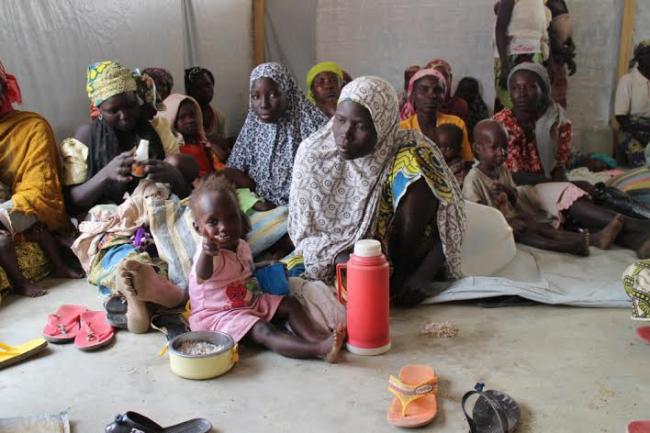08 Jul 2015

“The Secretary-General takes note of [Nigerian] President Muhammadu Buhari's determination to root out this menace, and commends the countries of the Lake Chad Basin Commission and Benin for their steadfast efforts in the fight against Boko Haram,” according to a statement issued this evening by Ban's spokesperson in New York.
News agencies report that extremist violence against both Muslims and Christians left dozens of people dead in Nigeria's northern town of Zaria earlier today. This follows nearly a week of deadly Boko Haram-led attacks in the region, including over the weekend, described in the media as bombings and indiscriminate shooting into crowds of civilians.
In his statement, Ban extended his heartfelt condolences to the families of the victims.
“The Secretary-General renews his calls to support the operationalization of the Multi-National Joint Task Force (MNJTF) through the provision of the requisite political, logistical, and financial resources and necessary expertise, consistent with international humanitarian, human rights and refugee law,” the statement concluded.
Earlier in the afternoon, Mohammed Ibn Chambas, Special Representative of the Secretary-General and Head of the UN Office for West Africa (UNOWA), briefed the Security Council on the situation in the region, including on the activities of Boko Haram.
Since May, he said, Boko Haram had stepped up its attacks in the Lake Chad Basin area – not only in Nigeria, but also in Niger and Chad – mainly against civilian targets, although the structure and capacity of the group for conventional warfare had been largely destroyed through regional action supported by international partners, which he called commendable.
He said that further vigilance and coordinated regional action against Boko Haram was needed, however, and more support from all partners remained crucial. Addressing the root causes of the insurgency was a requirement for lasting stability. In addition, a coordinated post-conflict strategy was required to help restore living conditions and allow the return of displaced persons.
Photo: WFP/Sofia Engdahl